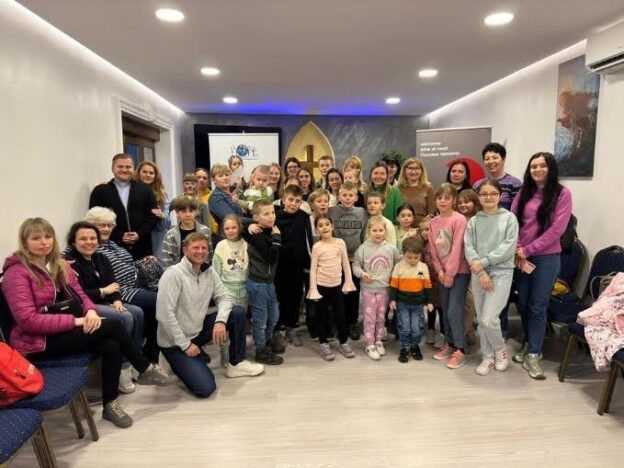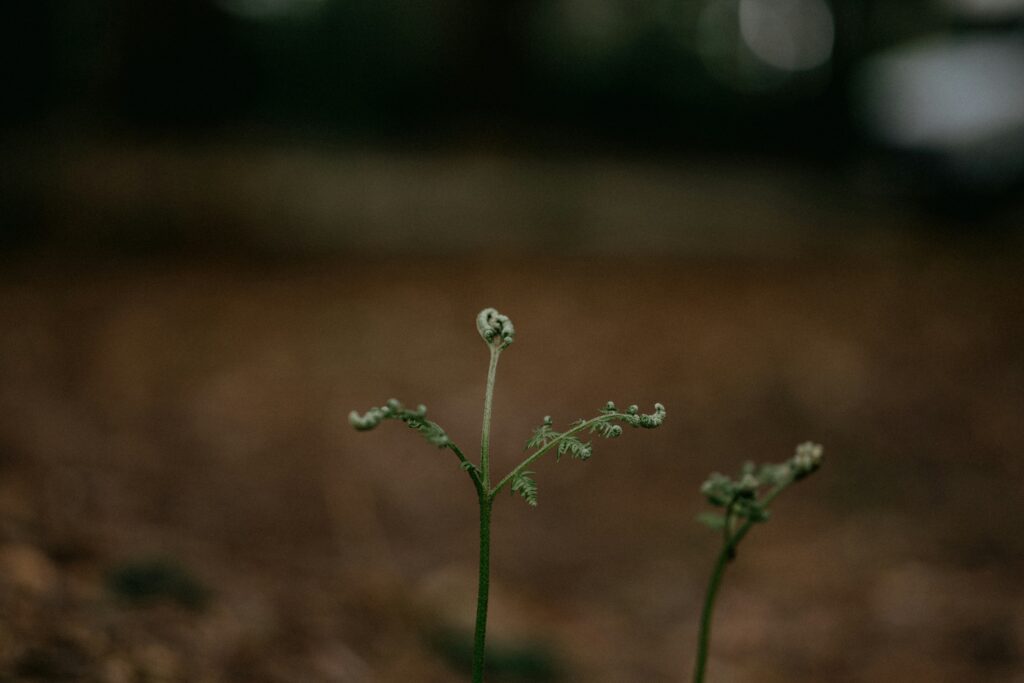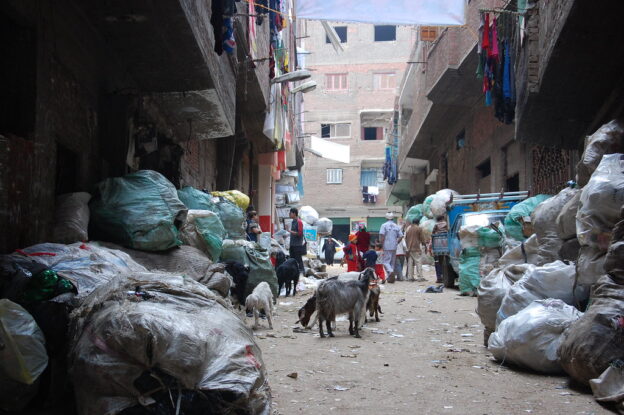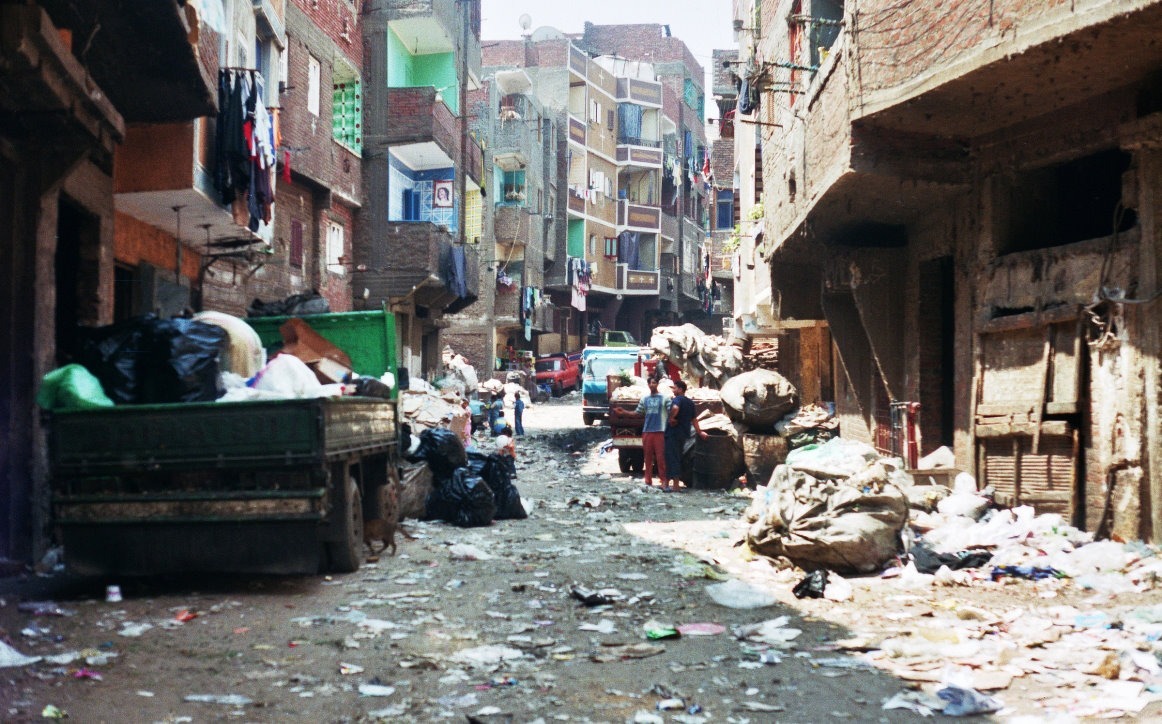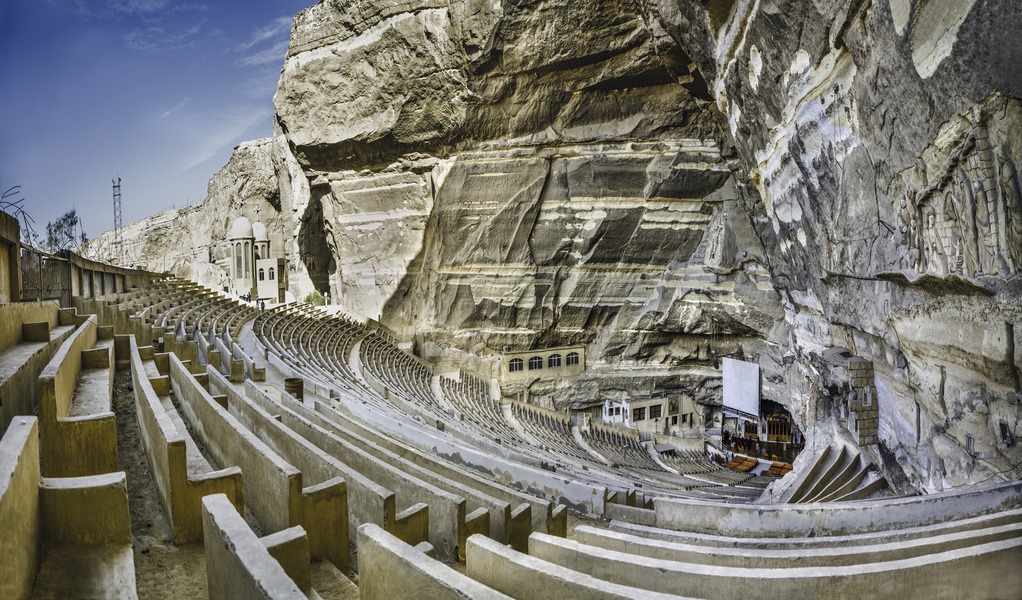Ukraine: The Cry Of My Silent Neighbor by Cristian Istrate

Romania is a neighbor of Ukraine, sharing about 605 km of border in the northern and southeastern regions. We have always considered Romania the quiet neighbor. Due to the communist and Soviet contexts, each country had preconceived opinions about the other. The Soviets sought to break any form of collaboration with us through various media manipulations and other means.
The principle of “divide and conquer” was deeply embedded in the Soviet mentality. This spirit of division fosters suspicion, turning the other into an object of distrust. This approach sounds strikingly close to the weapon of the evil one: “Did God really say, ‘You must not eat from any tree in the garden’?” (Genesis 3:1, NIV). Suspicion is what led to the separation of the primordial relationship between man and God, and this tool of unmerited doubt and suspicion has continued to lead many into “us versus them” situations.
The Gospel is the good news that people of all races and nations share a common quality: being disciples of Christ. In God’s Kingdom, we are all His followers. There should be no separation between us, and there should not have been, but we were divided through manipulation. However, the years since the fall of the Soviets have been a balm. The relationship between Romanians and Ukrainians has transformed.
Humanitarian Efforts: Offering Refuge and Aid
On February 24, 2022, what began as a celebration of my mother’s birthday quickly turned into one of the darkest days. That morning, the world was shaken by the devastating news that Ukraine had been attacked, plunging our neighboring country into the horrors of war. As the gravity of the situation became clear, I felt convicted. I couldn’t just stand by as a passive observer—I had to take action.
Driven by a deep sense of urgency, I began organizing a network within our ministries and churches to provide refuge for those fleeing the conflict. With the collective efforts of the Methodist Church, we successfully established a vast network of partners ready to welcome refugees. The media noticed, writing that we were the first to respond to the crisis by receiving refugees even before the Romanian state had a plan. We organized a website for people to enter their names and addresses to offer shelter in their homes. To our surprise, the response was overwhelming, and many people found refuge in the cities where our churches are active.
In my city of Sibiu, we received 28 orphans who had escaped from Kyiv, a city under relentless bombardment. These children, among the last to leave the besieged city, embarked on a perilous journey to safety. Our efforts to rescue them were fraught with challenges, including a tense 72-hour period when the children were nearly taken to an unknown destination in Italy. Thankfully, our prayers were answered, and the children safely arrived at our home. We welcomed them with open arms and messages of hope.
Evangelism and Mission Work
It was amazing how simple shelter and food could speak to their hearts and melt ours. One little girl, about five years old, one day embraced my wife with love. Then, when she saw me, she stretched out her arms wide towards me. I took her in my arms and felt an immense love for her. God’s love was upon us. We shared the gospel with the children that night, I exclaimed, “You are God’s gift to me!” She looked right into my eyes and confidently said, “YES!” The word for “yes” is similar in both Romanian and Ukrainian. At that moment, my heart was healed of the suffering caused by the whole situation of trying to save them. It was worth it!
But this was only the beginning of our mission to love our neighbors. We also organized help for hundreds of people, with World Methodist Evangelism being one of our key partners in meeting the needs of refugees, especially children and mothers who had left behind everything, including their husbands and family members, not knowing if they would ever see them again. Our church has expanded its efforts to provide ongoing support to Ukraine, sending aid on a weekly basis. To date, we have helped thousands of people, providing not just material support but also a message of hope in Jesus and solidarity.
In partnership with Global Hope International, we launched a project called Arms of Hope, dedicated to supporting 16 single refugee mothers and their children—more than 60 people in total—who receive help from us every month. This project is a lifeline for these families, offering not only the essentials they need to survive but also a sense of community and belonging.
A Call to Action: Spreading the Gospel in Times of Crisis
Our commitment to serving those in need extends beyond basic necessities. We have helped Ukrainian refugees find jobs, secure shelter, and access critical medical care, including surgeries. We’ve provided food aid, and recognizing the profound emotional toll of war, we’ve opened a counseling center in our church specifically for teenagers traumatized by the conflict. This center offers a safe space for young people to process their experiences and find healing.
Through all these efforts, we are guided by the belief that the Gospel is holistic—Jesus can be in everything, bringing salvation, comfort, and hope to every aspect of life. Our work is an embodiment of this belief, as we strive to meet both the physical and spiritual needs of those we serve.
We have also opened our home to refugees, forming deep personal connections along the way. One of my daughter’s closest friends is a young girl who fled the conflict. These relationships have reinforced our understanding of the profound impact of our efforts, bringing together people from different backgrounds and forging lasting bonds of friendship and support.
In addition to our humanitarian work, we have turned our attention to spiritual outreach. We have begun hosting evangelism events and are actively working on a mission-planting project, which aims to spread the message of hope and faith to communities near and far. These initiatives allow us to reach even more people, sharing the love of Christ and offering a ray of hope in these challenging times.
As we continue on this journey, we are reminded of Jesus’ commandment: “Love your neighbor as yourself.” (Matthew 22:39, NIV). This guiding principle has inspired our actions, leading us to extend our hands to those in need, knowing that through our efforts, we can make a difference in the lives of thousands.
Our mission is far from over, and we remain committed to supporting those displaced by the conflict, spreading the Gospel’s holistic message, and being a source of light in the darkness. With the help of our global partners and the unwavering support of our congregation, we will continue to offer refuge, comfort, and hope to all who seek it.
It’s important to note that the support for Ukrainians did not come solely from us. The Romanian response, in general, was driven by evangelical churches, Orthodox churches, Catholic churches, monasteries, priests, and people from all walks of life. God healed our divisions, uniting us in a powerful spirit of compassion and solidarity throughout this suffering.
As the war in our world continues, not only in Ukraine but in other places, we, the people of the Good News, need to find practical ways to get involved. Throughout this time, we never know how the lives of people will be impacted, how people will actually receive faith in Christ, and be set free. I could spend many hours giving countless stories of how people received Jesus in the midst of trauma, war, and desperation. Jesus doesn’t stop saving people, so we should not stop preaching salvation! Let us take to heart the words of John Wesley: “You have nothing to do but to save souls; therefore spend and be spent in this work.”
Subscribe
Get articles about mission, evangelism, leadership, discipleship and prayer delivered directly to your inbox – for free

